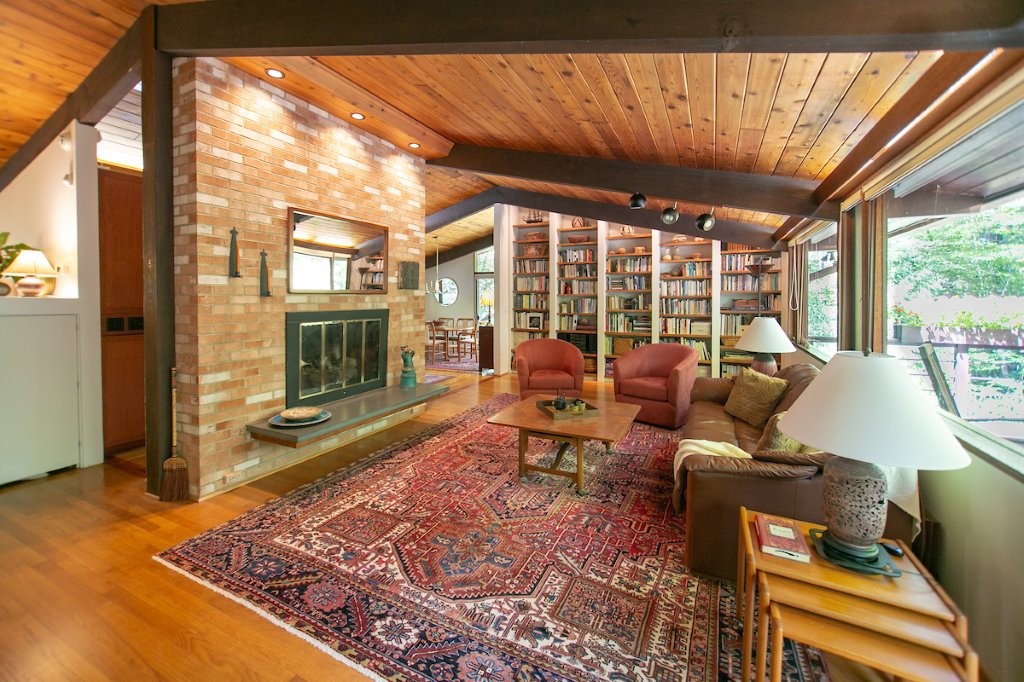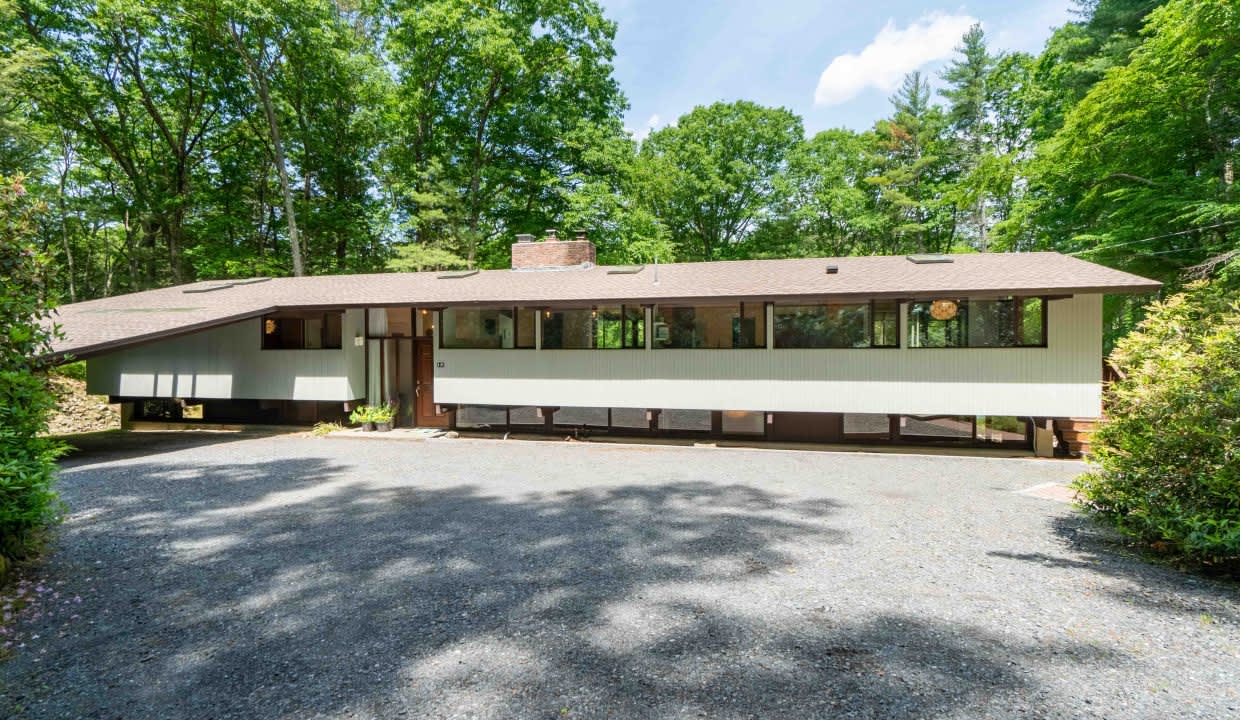On a national basis, adjusted for inflation, were still a fair bit below all time highs - although within reach. Your local market may vary.
My prediction remains the same as previous threads on this topic. Housing prices on average either need to drop, interest rates need to fall, or incomes need to increase. Or some combination.
Well, incomes are rising. So that's positive.
Prices remain below all time highs' when adjusted for inflation. There slightly above on a nominal basis. If inflation persists then this would solve itself over many years. So we shall see.
Interest rates continue to remain high. I honestly don't see this changing. I don't see us below 2% on the 10 year unless there is some sort of economic collapse, which would mean housing prices would also collapse. So mortgages will stay 5 - 6% or so. Given the number of people currently with mortgages in the 3% range - they can't afford to move because the same house under new finance rates would be $500 more a month. So they won't move.
Areas that attract retirees may continue to inflate - since most of those buyers are cash buyers, so they don't care about rates.
New homes continue to sell well - because the builders can buy down the rates. The buy down doesn't show up in the statistics, so it inflates the overall number in a sense.
If we break new inflation adjusted highs this summer, with no macro events, then I will likely shift my prediction to that of
@GON.



